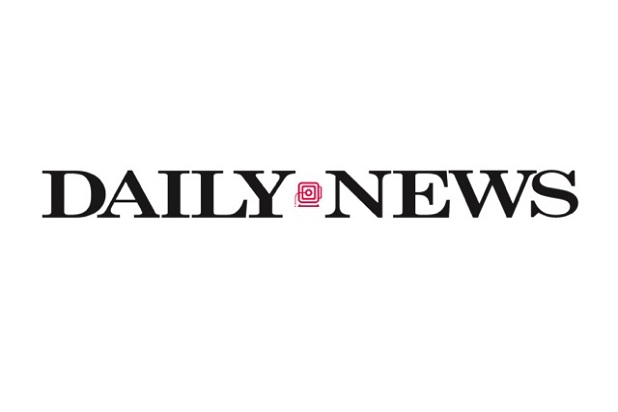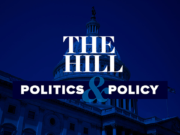This piece originally appeared in New York Daily News on May 28, 2020.
As we get closer to the 2020 election, Twitter has decided to police President Trump’s speech, and perhaps that of other officials. The company’s plan is unwise, but a far worse outcome would be a government effort to bar it.
This week, Twitter added a link to a compilation of its own facts to two of Trump’s tweets about mail-in ballots. Trump responded by accusing Twitter of stifling free speech and interfering in the 2020 election. He vowed “I, as President, will not allow it to happen!” The next morning he added, “Republicans feel that Social Media Platforms totally silence conservatives voices. We will strongly regulate, or close them down, before we can ever allow this to happen.”
The only threat to the First Amendment here is the president’s threat to retaliate against Twitter. Private companies have the right to speak. Social media companies have the right to set policies for speech on their platforms. The government has no power to punish a company for fact-checking or editorializing about the president.
The president surely knows this. From his calls to “open up” state libel laws, to his threats to pull the licenses of broadcasters, Trump has often floated unconstitutional responses to speech he doesn’t like. But he hasn’t acted on these threats. As the president reportedly plans to sign an Executive Order limiting the reach of a law protecting social media companies, it’s worth keeping in mind how often his ideas have come in with a roar, then gone out with a whimper.
Substantively, in fact, the Trump administration has been more supportive of the First Amendment than its recent predecessors. The same day as the disputed tweets, for example, the IRS announced a terrific final rule that protects the privacy of supporters to nonprofit advocacy groups like the ACLU. Nor has Trump endorsed any of the bills passed by the House that threaten free speech. His Justice Department has filed several strong amicus briefs supporting the First Amendment in important cases.
But if you hand Trump a political football, he’s going to kick it.
Each time Twitter disputes one of Trump’s tweets, it allows him to rail against “Big Tech,” which, let’s face it, often is unfair in its treatment of conservatives. Every storm of controversy over each new fact check brings more attention to this unfairness, which may be the president’s aim. The flip side now is that if Twitter doesn’t fact check a tweet, it might leave the impression Twitter thinks it’s true.
But even if Twitter’s fact-checking will backfire, the company has the right to do it.
Many conservatives and some liberals understand and support the Constitution’s protection for speech by corporations, recognized by the 2010 Supreme Court ruling Citizens United vs. Federal Election Commission, which allowed corporations to independently support or oppose candidates. Along with other key precedents like New York Times vs. Sullivan, Citizens United protects Twitter’s speech.
One troubling recent development is the threat to political speech rights coming from several bills passed by the House. One such bill, the Honest Ads Act, would regulate online speech. If it became law, it could limit Twitter’s efforts to fact-check politicians, or subject it to second-guessing by regulators. A federal appeals court struck down a Maryland law patterned after the bill. The Washington Post, The Baltimore Sun, and other newspapers sued after the state began regulating their online platforms.
The president has opposed bills such as “Honest Ads.” But if he actually worked with Congress to pass laws limiting Twitter’s freedom to speak, that could backfire. Today, it’s Republicans threatening Twitter for criticizing the President. Next year it could be Democrats threatening companies that criticize supporters of the Green New Deal. Twitter’s fact-checking plan may be foolish, but it’s protected by the First Amendment.














